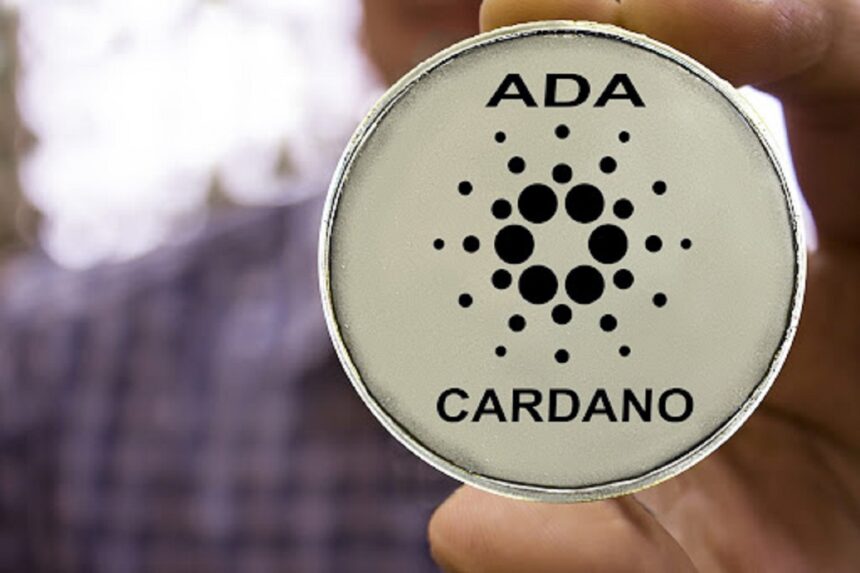
- The Cardano Foundation has backed the Plomin hard fork upgrade.
- Decentralized governance is coming to Cardano to overhaul decision-making.
The Cardano Foundation (CF), one of the founding entities behind the protocol, has voted YES to the upcoming Plomin Hard fork. The foundation said it voted as a part of the Interim Constitution Committee (iCC), which was tasked with reviewing protocol changes on Cardano. The Foundation said the Plomin hard fork is constitutional, with a backing vote that comes barely 24 hours before the end of the governance action.
The Cardano Foundation Rationale
Confirming why the governance action to hard fork Protocol version 10 is constitutional, the CF said Plomin fulfills all procedural requirements. These requirements include but are not limited to enabling CIP-1694 and Plutus primitives while complying with guardrails.
The Cardano ecosystem has been driving a governance pivot for several months. As Crypto News Flash had earlier detailed, Cardano advanced the move toward decentralized governance when it launched the Chang hard fork in September last year. This upcoming Plomin hard fork will complement previous updates, enabling all seven governance actions described in CIP-1694.
These include actions like treasury withdrawals, new constitution proposals, and votes of no confidence. The Plomin hard fork will also help activate Delegate Representatives (DReps) Stake Pool Operator (SPO) voting on crucial governance actions. In addition, the coming hard fork will restrict staking rewards withdrawals to accounts that delegate to a DRep.
By voting Yes to the hard fork, the Cardano Foundation becomes the six major backing entities to back Ploming. Thus far, Input Output Global (IOG), the development outfit led by Charles Hoskinson, has voted yes. Also, founding entities EMURGO, Intersect, Cardano Japan Council, and Cardano Atlantic Council have all voted yes to Plomin’s hard fork.
As of the time of writing, only the Eastern Cardano Council has yet to vote for or against the proposal. Currently, 86% of all required votes have been recorded, with the approval threshold pegged at 66.67%.
Cardano Hopes to Set the Pace
While Cardano may lag behind key rivals regarding network performance metrics, it is arguably on the frontline of decentralization. The ultimate goal for core developers like Charles Hoskinson is for the protocol to run with direct input from the community.
Already, Charles Hoskinson is eyeing governance overhaul for the ecosystem, a feature he believes can make the protocol more attractive.
While the Cardano Foundation is betting on the future of governance, the Ethereum Foundation has come under fire for not completely doing the same. Amid the leadership transition move from the foundation, Vitalik Buterin revealed that he is the primary determinant of what goes on at the foundation until new leaders emerge.
As noted in our earlier post, this revelation has sparked criticism, with even Hoskinson challenging the foundation’s leadership process. Proponents of the Plomin hard fork believe decentralization can change protocols’ functions, driving more users into Web3.






